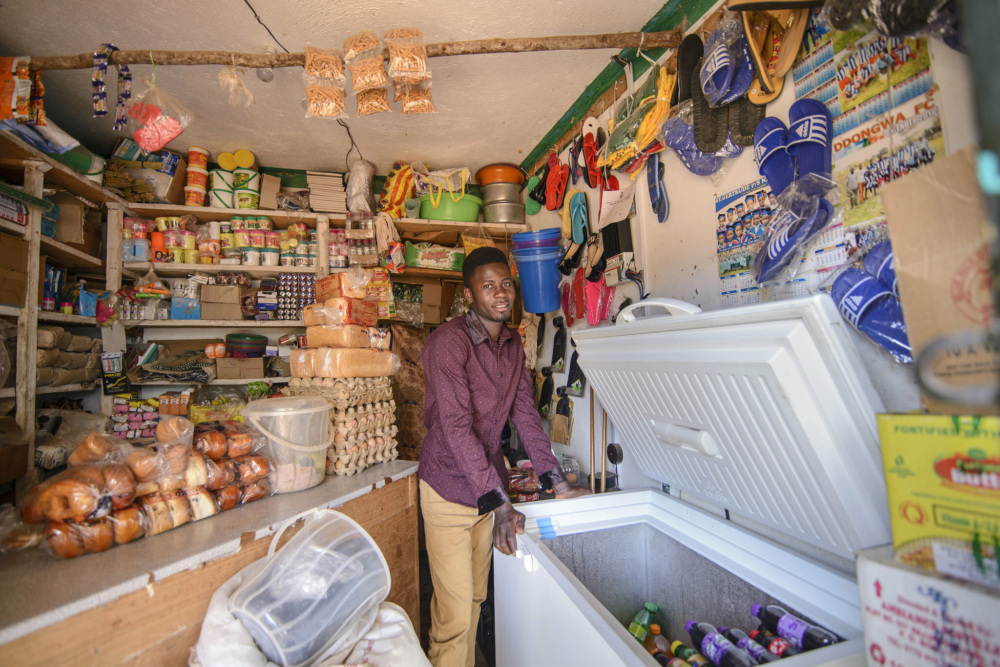Use Cases and Cost Breakdown of Off-Grid Refrigeration Systems
This report examines the factors that affect the economic viability and affordability of off-grid refrigeration systems.

Download Resources
Increased use of refrigeration can improve livelihoods and support development. Benefits associated with cooling include income generation, time saving, reduced food waste, and disease prevention. Realising these benefits depends on the uptake and continued use of refrigerators. This requires the design and delivery of affordable products that can address the needs, desires, and constraints of consumers and markets. Off-grid refrigeration systems (OGReS) could play an important role in providing cooling services for communities without access to a stable electrical grid. However, import taxes and duties on the refrigerator alone may exceed 30% of the total system cost.
There is a need to understand the economic potential for deploying refrigerators in off-grid settings. This report examines factors affecting the economic viability and affordability of refrigeration systems in off-grid settings in low- and middle-income countries. The research results help identify opportunities for improving the affordability of refrigeration systems. They also explore the major knowledge gaps that affect our understanding of the economic viability of these systems in key markets.
Furthermore, the report provides recommendations for activities to improve market intelligence and help scale up the off-grid refrigeration sector. While the modelling tools we developed apply to all geographies, this report focuses on countries in sub-Saharan Africa and India.